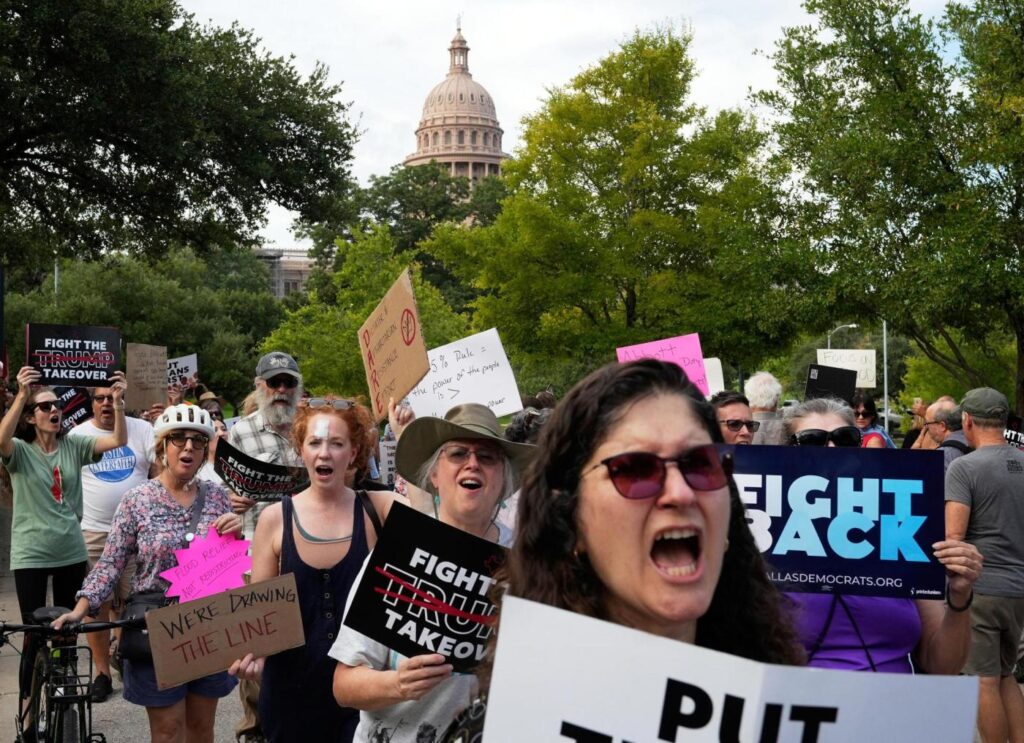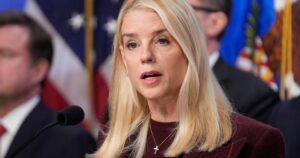
New York Governor Kathy Hochul recently condemned the gerrymandering initiatives in Texas, stating, “This is war. We are at war.” Her remarks highlight the growing concerns regarding political manipulation in congressional districting, which many see as detrimental to democratic engagement. This commentary comes in the wake of a Texas initiative that aims to consolidate Republican control in the House of Representatives beyond the 2026 midterms.
Gerrymandering, the practice of redrawing electoral district boundaries to benefit a particular political party, has long been criticized as a harmful practice that undermines fair representation. Each alteration in district lines can effectively disenfranchise thousands of voters, rendering their voices insignificant in the political process. Hochul’s comments reflect a broad frustration with this ongoing issue, particularly in states like Maryland, which has a reputation for aggressive gerrymandering tactics.
Maryland’s recent redistricting efforts have drawn scrutiny for merging traditionally conservative areas like Garrett County with liberal strongholds such as Montgomery County. Critics argue that this arrangement sends a clear message to voters in Garrett County: their votes are unlikely to influence outcomes in a district dominated by opposing political views. Such actions further fuel the perception of political divisiveness and disengagement among the electorate.
The situation in Texas exemplifies a more profound trend where strategic redistricting is used as a tool to maintain political power. With plans to solidify a Republican advantage leading into future elections, the implications of such strategies raise significant questions about the integrity of the electoral process.
In response to these developments, citizens like Scott Rippey from New Market have voiced their concerns, urging others to recognize the detrimental effects of gerrymandering on American politics. “United we stand; divided we fall,” Rippey stated, emphasizing the need for collective action against what he describes as a “cancer” affecting the political landscape.
As gerrymandering continues to threaten the fundamental principles of democracy, the call for reform and public awareness becomes increasingly urgent. The conversation initiated by Governor Hochul serves as a rallying point for those advocating for fairer electoral processes and greater political engagement across the nation.







